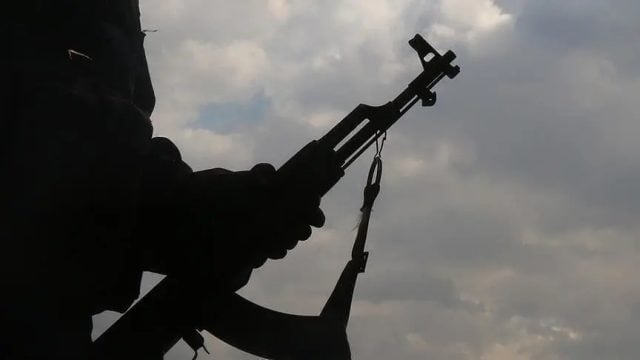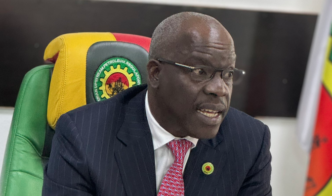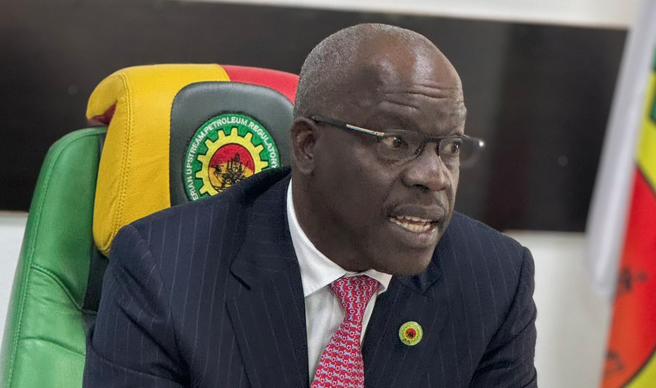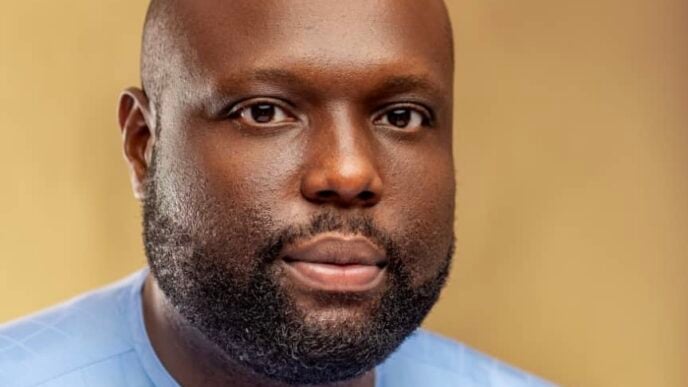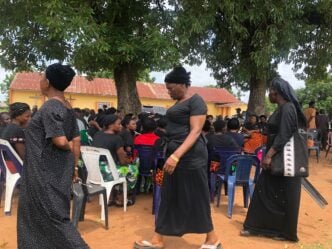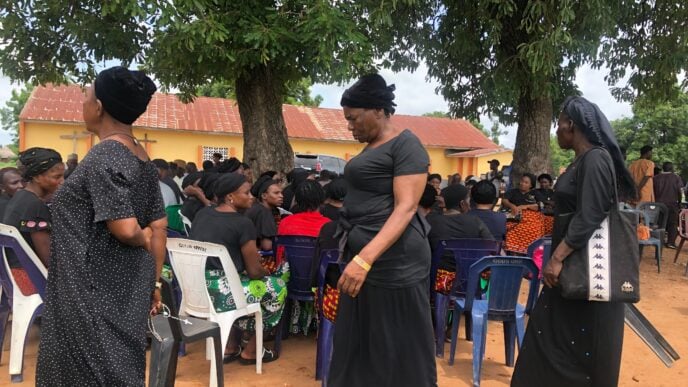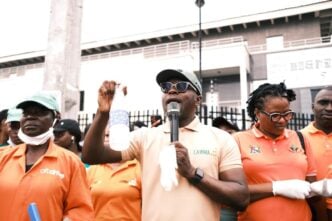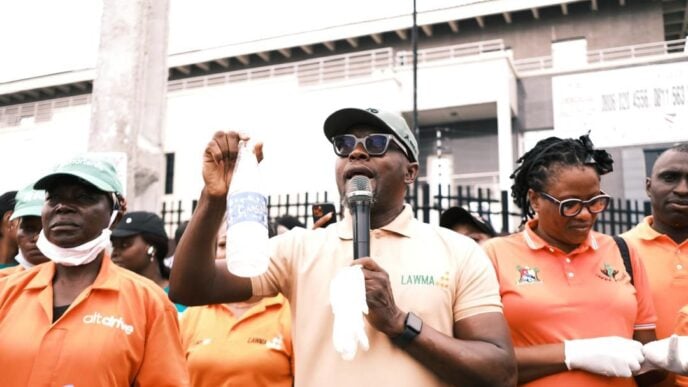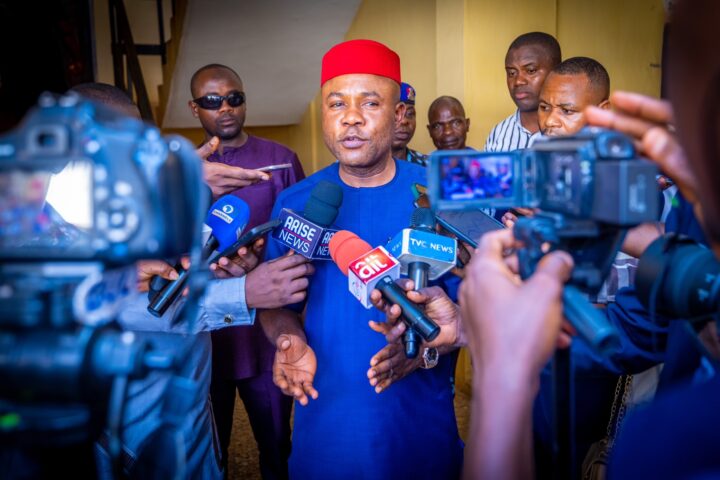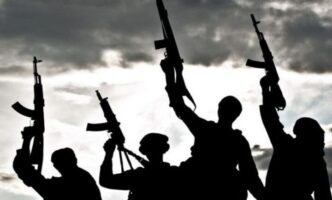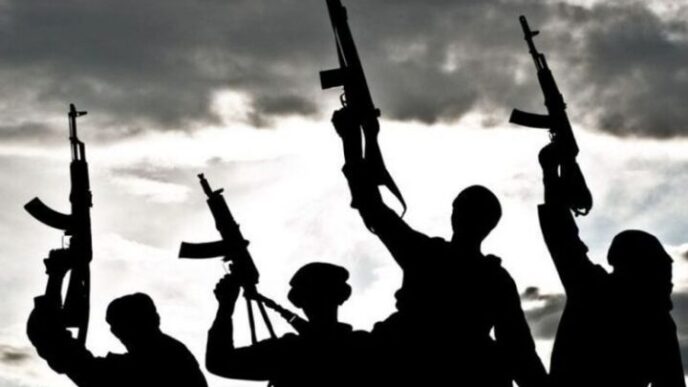BY BEM MAX NOMOR
Up until about 2006 or thereabout, Nigeria – and indeed West Africa – was peaceful. As students of Ahmadu Bello University, Zaria, we could travel to any part of Nigeria and across West African borders by road without fear, armed with only a map and the confidence of youth.
In 2005, as students of the Department of History at ABU Zaria, some of us set out to tour parts of West Africa, with the historic city of Timbuktu as our final destination. We never made it that far – we ended our journey in Bamako for logistical reasons, as explained to us by Nigeria’s Embassy in Mali – but it was quite a journey.
We drove from Zaria to Sokoto, through Niamey in Niger Republic, onward to Ouagadougou and Bobo-Dioulasso in Burkina Faso. From there, we passed through Sikasso and into Bamako, Mali. On the return leg, we went back through Sikasso and Bobo-Dioulasso, to Ouagadougou again, then Bolgatanga, Tamale, and Techiman. We continued to Kumasi, then to Cape Coast and Accra in Ghana.
Advertisement
From Accra, we followed the coastal road through Aflao (Ghana-Togo border), then entered Togo, passing through Lome and Aneho. We crossed into Benin Republic, where we continued through Grand-Popo, Ouidah, Cotonou, Porto-Novo, and Seme. From there, we entered Nigeria through Badagry and finally arrived in Lagos before returning to Zaria.
In all these places, we travelled freely, often at night, with no security escort, no plan for emergencies, no hotline to call. We travelled with nothing but our faith, our ECOWAS Travel Certificates, and our beloved ABU PTF 1414 bus. And we felt safe.
At that time, terrorism was an alien concept in Nigeria. I remember vividly how, one day at the Faculty of Arts car park, close to Room 70, we cracked jokes about how a Nigerian could never be a terrorist, least of all a suicide bomber, because of our excessive love of life.
Advertisement
Even when Umar Farouk Abdulmutallab, the “underwear bomber,” attempted and failed to bomb the Northwest Airlines flight en route from Amsterdam to Detroit, Michigan, in the US on 25 December 2009, it was hard for me to believe he was a typical Nigerian.
Everywhere we went on that trip, we were welcomed with warmth and generosity, and a cheerful farewell on our departure. Everywhere we stopped to ask for directions, we were pointed to it with so much zeal and brotherly concern.
As history students, our journey had purpose – our stops were historical sites, cultural monuments, and universities. The two most memorable places for me were Thomas Sankara’s tomb and the Elmina Castle in Ghana. We made friends, embraced their unfamiliar culture and sights, tasted new foods and drinks and met with Nigerians in those locations. We were on our best behaviour and we never encountered any challenge. We were students from a decent school. We were decent Nigerians. We never got into a brawl with anybody, and nobody got into a brawl with us or tried to hurt us.
Throughout our academic life, we traversed Nigeria’s geopolitical zones, visiting palaces, museums, and sometimes even politicians’ offices unannounced – and were received with kindness. In some cases, we returned from excursions with pockets fuller than we left, thanks to generous gifts from our hosts.
Advertisement
I once led a group of about 32 female students through the Northwest geopolitical zone and Niger State. Only a guy named Francis Shermang and I were male. We were welcomed by fellow students, Emirs, government officials, and the ordinary people of the region. We took proper care of the girls, without engaging in any act of Aondona Mkor.
In those days, riding in an ABU bus felt safer than the NAF–001 (presidential jet). Everywhere we went, we received smiles, handshakes, hugs, and shelter.
But that was then.
I woke up this morning to heart-wrenching news. Thirty-one passengers, travelling in an ABU bus to a wedding, lost their way and stopped in Manjul Community in Mangu Local Government Area to ask for directions, and 12 were killed, with 19 injured. In my Tiv dialect, we say or pin tsum ga – he who asks for direction is never lost. But these twelve were killed for simply stopping and asking for direction on account of fearful suspicions.
Advertisement
In those days (how time flies!), which is quite recent, Nigerians didn’t suspect each other on account of religion or tribe, and we revered each other’s history and bravery. I remember on one of our excursions to Sokoto, we visited the Sultan of Sokoto’s Palace and were taken to see Usman Dan Fodio’s tomb, inside a perfume-filled room where he and his two sons are buried. Many of us took turns to drink water from an old wooden cup we were told was his personal cup, with the thought of drinking greatness. Nobody had any resentment.
Today, it is clear that terrorists have pitched us against each other. Many of them are foreigners, invited in by people among us to carry out evil plans. This is not who we are. This is not the Nigeria we knew. We must come together to expose them and the traitors who enable them and take back our country.
Advertisement
Just last week, herder-terrorists struck in Yelewata. Hundreds – women, children, and the elderly were killed and burned beyond recognition. No reasonable arrest has been made. No closure, and there may never be, like many others in the past, by herder-terrorists and their mercenaries in various communities across the country. It’s atrocities like this, committed without justice, that breed hate, suspicion, and violence.
In March, it was Udune Efandion in Uromi, Edo State, where angry residents killed 16 hunters travelling in a bus. The culprits were arrested and are now facing trial.
Advertisement
Yesterday, it was Manjul community in Mangu, Plateau state. We know arrests will also be made and suspects will be charged in court.
But nobody knows where it will be tomorrow, or who it will be. What is certain is that if we do not get rid of these terrorists in our communities, we will never have peace, and we will never again enjoy the freedom of our land. If the security agencies won’t arrest the herder-terrorists, their mercenaries and their sponsors and bring them to justice, similar incidents like Uromi and Mangu may never end but multiply.
Advertisement
It is our collective responsibility as a people to fish out these terrorists from our communities, hand them over to law enforcement, and reclaim the safety of our country, which they have seized from us, and to save ourselves from untimely deaths at the hands of helpless villagers acting on fearful suspicions.
Bem Max Nomor is a public commentator and leadership researcher at the Leadership Institute Nigeria, Abuja
Views expressed by contributors are strictly personal and not of TheCable.
